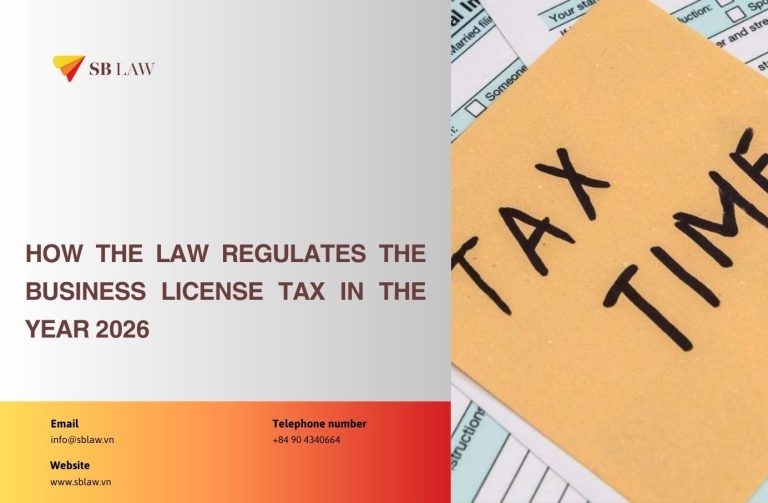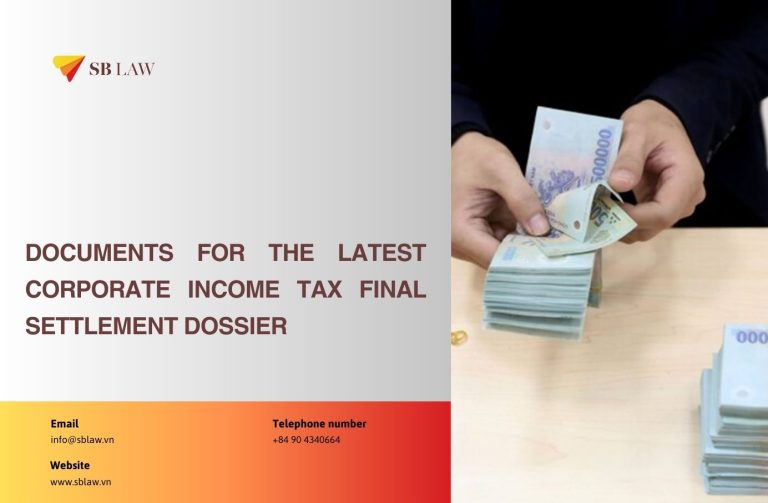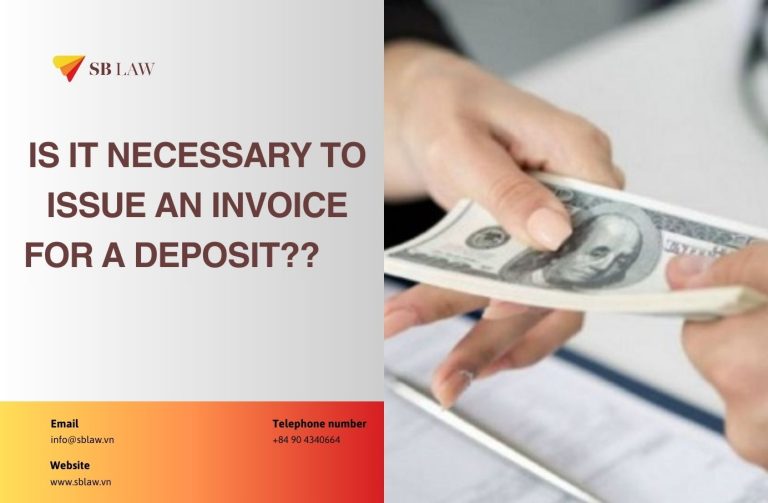Dear Lawyer, My spouse and I are both Vietnamese citizens. We got married abroad and subsequently registered our marriage in Vietnam. We have divorced pursuant to a mutual consent divorce decision issued by a Vietnamese court. However, under the laws of the foreign country where we resided, divorce does not provide for a distinction between marital and separate property. In the event that I initiate proceedings abroad to divide assets post-divorce and obtain a judgment dividing property (real estate located in Vietnam), would such a judgment be recognized and enforceable by a Vietnamese court under Vietnamese law?
Answer
1. On the legal classification of separate or joint property from the perspective of Vietnamese law:
Although your marital relationship was formed abroad, it has been recognized and terminated in Vietnam. Therefore, the division of property following divorce is subject to the laws of Vietnam. Under the Law on Marriage and Family, any property gifted solely to one spouse during the marriage period is classified as that spouse’s separate property, unless otherwise agreed upon by the parties.

Accordingly, if there is separate property and sufficient evidence to prove that it was a gift to one spouse during the marriage, under Vietnamese law, such property is not considered joint marital property and therefore is not subject to division upon divorce, unless there is an agreement to divide or merge the separate property into common property.
Legal basis: Article 43 of the Law on Marriage and Family 2014.
2. On the jurisdiction and enforceability of a judgment from an Australian court regarding real estate located in Vietnam:
Filing a lawsuit for property division in an Australian court may encounter several legal challenges when it comes to enforcement in Vietnam, because:
- Real estate is an immovable property located within the territory of Vietnam. According to the principle of territorial jurisdiction, the establishment of ownership rights, division, and transfer of such property must comply with Vietnamese law and fall under the jurisdiction of competent Vietnamese authorities (including the Law on Marriage and Family, Land Law, Housing Law, and other relevant regulations).
- If an Australian court issues a judgment on the division of such real estate, you will need to follow procedures to request the recognition and enforcement of that foreign judgment in Vietnam, pursuant to the Civil Procedure Code 2015.
However, under the 2015 Civil Procedure Code, a Vietnamese court shall not recognize or enforce a foreign court’s judgment if its contents are contrary to the fundamental principles of Vietnamese law. In this context, if the property in question is deemed separate property under Vietnamese law, a judgment from an Australian court awarding it to you could be considered inconsistent with Vietnam’s principle of protecting the lawful ownership of separate property. In practice, the likelihood that a Vietnamese court would refuse to recognize such a judgment is very high.
Legal basis: Clause 8, Article 439 of the Civil Procedure Code 2015.
3. Conclusion and recommendation:
From a legal and practical perspective, SB Law finds that filing a lawsuit in an Australian court to divide real estate located in Vietnam is not a feasible solution. It is likely to incur unnecessary time and costs without achieving practical results in Vietnam. Therefore, we do not recommend pursuing this course of action.




